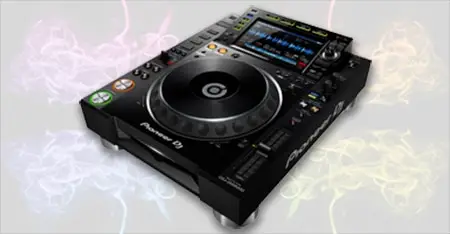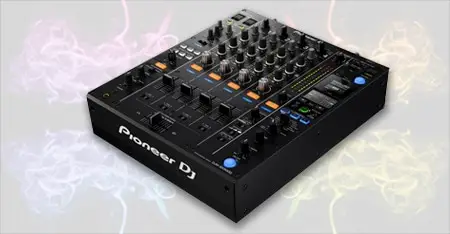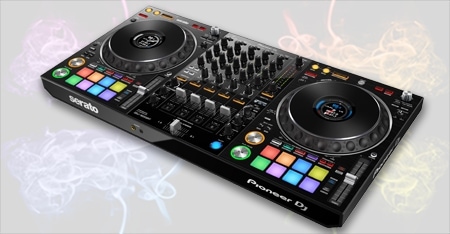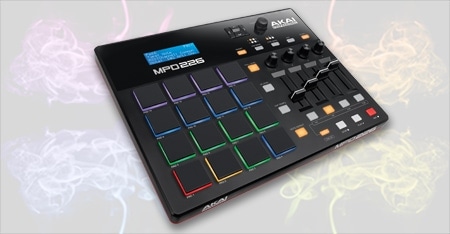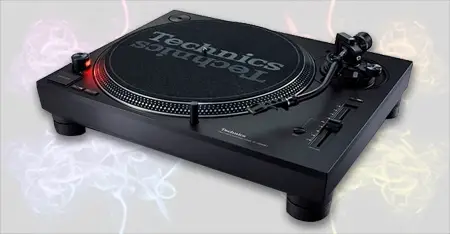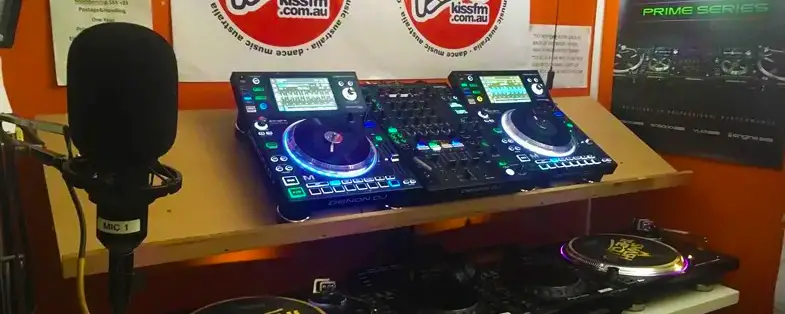
I’m going to show you that working in radio isn’t hard to get into. There is still plenty of opportunities and it is basically the dream job people think it is. You get to spend all day around music and meeting it’s artists and get more free tickets than you know what to do with. I know because I’ve done it…
The belief is that radio is having a tough time but there’s actually never been a better time to get in. So this is my take on how to be a radio DJ…
Many people want to be a radio DJ because of the huge perks, yet not many are willing to put in the actual work. The absolute best way to get into radio is to offer to work for free and never complain about it. Doing this ensures you’ll be in the right place at the right time. End of.
That statement about free work is already enough to put 90% of people off. And I get it, no one wants to feel like their time has no value. Yet this is exactly what I did when I started in radio, and believe me, working for free also has its perks…
Get Experience
Contents
With the explosion of online radio stations and the expansion of digital licenses, there are now many more stations to get experience with.
One of the best ways to do this is by applying to an internet station. Who are on the constant hunt for volunteers. Just remember, that although a radio station is online, it doesn’t take any less commitment or dedication.
Internet Stations Are an Ideal Place to Start
One benefit of a lot of internet radio stations is that you can actually broadcast from home. When I first started in radio this is actually what I did. I worked for a now-defunct online radio station called Brap.fm.
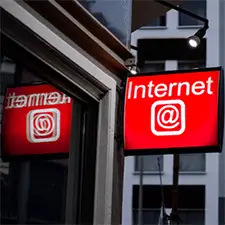
The station would work like this. Each DJ needed to download a specific program to their computer. Then at their allotted time they would speak to the DJ currently on-air and do a handover. This means that the stream would be switched from one DJ to the other.
This allowed each DJ to use their current home setup to broadcast their show.
Doing this allowed me to gain experience in broadcasting regular content for my show every two weeks. I learned what it took to present and the amount of preparation needed to run a successful show. Believe me, it was more than expected.
At this time I realized that I wasn’t really interested in talking on-air. Years later, however, I would love to do this again would have no problem presenting.
This can be a great way to learn about radio as well as having a regular DJ gig. Which encourages you to buy new music.
Another bonus is that you can always download your shows and then you’ve got content for your Mixcloud/Soundcloud. Ideal if you are trying to establish yourself as a club DJ for example.
Get more club DJ gigs (38 different tips).
Interning at Local Stations
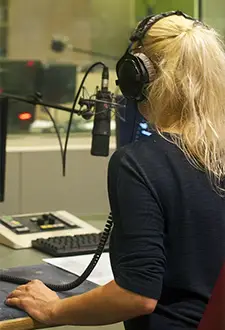
Interning at your local radio station is the best way to get your foot in the door and is not that difficult to do. The hard part comes from committing to the hours as you’ll still need a job to support yourself.
When I did this I was lucky that I had a job that started at 11:45 am. This meant I could get to a radio station at 6 am and produce for the breakfast show until 11 am. Then go straight from there into work.
When you intern for a station you learn everything behind the scenes. From production and how to create adverts, how the shows are structured and how the music is selected and scheduled. You’ll also see how to run a show, how presenters get their content and fill the allocated time.
Getting an internship is often surprisingly easy, for a couple of reasons:
- the time and commitment that’s required, for free
- And, no one thinks to ask… it’s that simple
I was once at a festival doing interviews for my station and some students asked me how I got my job. They couldn’t believe when I told them that I just walked into the station and asked to work for them.
They couldn’t believe it was that simple…
Again though, what they couldn’t wrap their head around was that I was happy to work for free.
The fact I was at that festival for free, with an access all areas press pass, while they paid over $350 for a standard ticket, seemed to be a bit lost on them.
And this brings me on to the next point about interning…
Love DJ gear?
So do we, check out our favorites…
The Station Is Well Aware That They Are Not Paying You
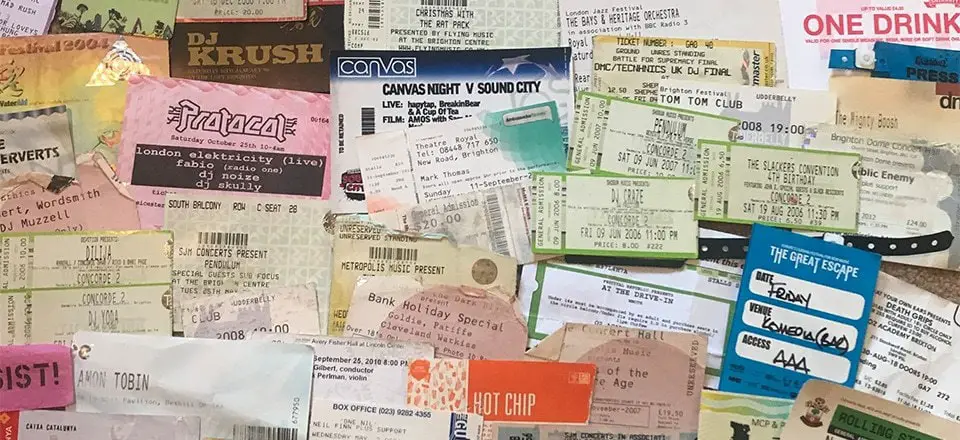
The radio station that you work for will be fully aware of the fact that they aren’t paying you. So, as long as you do a good job, are reliable and committed, then they will do whatever they can to make up for the lack of pay.
Meaning they will give you everything from free tickets to gigs and festivals through to vouchers for restaurants, as well as promo items or merchandise they might receive.
I love festivals and so went to as many as possible. And, because of my press passes, I had experiences that you literally couldn’t have bought with money.
How to be a radio DJ? Don’t complain
The next thing that happens with internships and why people don’t progress to a paid job is complaining. I was told by a manager that the reason I progressed to a paid producer was that I never complained. Not once.

A lot of interns will do a month and then start asking for money, this is not how to be a radio DJ.
However, I enjoyed what I did and loved all the free guest passes so I never once thought of complaining. I just showed up, did my best and always covered for other people to prove that I was.
Then one day the producer argued with the MD and walked out. I had been the interning the longest so was first in line to replace him, it was that quick and simple. Literally the same day it was like “Chris, the producers left. Can you make our ads? We will need 2-4 per week and it will pay $30 per ad”.
At that point, I still kept my job so it became an extra side income for me.
Is being a DJ a good career? Check out this article to find out.
How to Be a Radio DJ by Getting in Old School Style
I have mentioned this in other articles but it worth repeating…
You want to know how to be a radio DJ and get your foot in the door of any station? Do NOT underestimate the power of a handwritten letter.
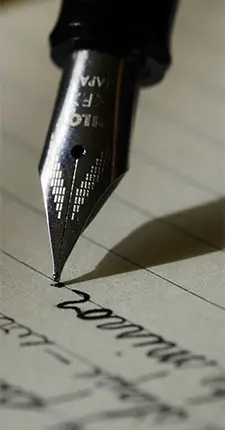
One of the DJs at my station got her job exactly like this. She researched 100 radio stations she would like to work for all over the country. She then hand wrote a letter to a specific person in each station.
Originally she was invited as a guest presenter to cover a two-week festival going on in the city. During this time she proved herself and was offered a permanent role on the drive show. She quickly became the best, most talented presenter the station had.
Not only did she get a job, but even the stations with no space also made the effort to reply, which is unheard of. Most times when you apply for an internship or a job you just won’t receive a response. Especially from big stations as they often get so many requests.
However, because she took the time to research and write to specific people, and so those people also took the time to reply so she got an answer either way.
Writing letters might be old school but that’s the exact reason it pays off, and you will stand out by doing it. For the exact reason that no one else does it anymore. A handwritten letter is such a rarity that people are actually surprised and happy to receive them.
This can work for bigger stations (and it’s worth trying), but it is more common to work your way up through smaller stations first.
Starting a DJ business is also a good way to make money doing what you love. Find out how here.
Community Radio
Community radio are the smaller, more amateurish stations that run in your local area. These are often run by grants, or supported by members, so they are less reliant on adverts and sponsors. This does mean that they have a lower reach, however, it also makes the barrier to entry a lot lower. Generally, every single DJ and probably the staff, will all be volunteers. This means it can be easier for you to get in as, whatever job you want, be it producer, DJ or manager they will all generally be open.
So look at what community stations are in your area and contact the station manager directly.
These are good places to start looking for local stations in the US and UK, Ireland or Australia.
How to Be a Radio DJ at Bigger Stations
Stations like KISS or 1xtra are considerably larger and a lot of people want to work there. Yet it’s not unheard to be able to get jobs and internships directly with them. While it is more common to work up from local or community stations, it is possible to jump straight in with a larger station.
However, to do this you’re going to need to nurture relationships with individuals within the station.
So rather than sending a general message to the main station email and hoping to get a reply, you’ll want to research the individual teams within the radio station.
What I mean by this is that every single show on a large station will have a whole team behind it.
Say the team is made up of 6 people doing various roles, including the presenter, this means you have 6 points of contact. From there you can get in touch with any or all of them and begin forming a relationship. Make your skills and aims known and then eventually ask if there’s any way they can get you in. Either to do some work experience or a full internship.
The great thing about this is although it may appear harder, having more points of contact increases your chances.
Learn how to promote yourself as a DJ in this article.
Let’s just work out some averages…
Say every show has 5 people working on it and there are 12 shows a day (assuming they’re 2 hours each). Then that is 60 people that work in that radio station per day. You’ll be able to find a lot of those 60 online, probably through LinkedIn, and start building relationships.
If you are going to apply to a big station then it does pay to already have some skills under your belt.
You may not necessarily have experience of a radio station but aside from DJ skills, make sure you are comfortable with production using Adobe Audition. These skills help get you in the door and because you don’t need training (which they won’t have time to do), then you’ll be able to get straight to work.
Conclusion: How to Be a Radio DJ
There will be more coming to this guide but I hope it’s at least given you some ideas on how to be a radio DJ. The key is really to research as many stations as possible and personalize your applications to individual people. Plus have the DJ skills (and ideally the production skills) to back up your claims. After that, it just becomes a numbers game. If you contact enough people in enough stations then you will find yourself a place.
And trust me, once you find one, your career will take on a life of its own and you’ll just be along for the adventure. This is exactly what happened to me, but that’s a story for another (very long, probably censored) post…
FAQs: How to Be a Radio DJ
What are the requirements to be a radio DJ?
While you can do specific courses in media and radio presenting. You actually don’t need this to get a job. In fact, experience often pays off more than qualifications in the media industry.
Requirements depend on the station you work for. All require you to be personable and organized. For commercial stations, you will need to follow station guidelines and promote sponsors. For Dance stations, you will need to have a high standard of DJ mixing skills as well as a large music library.
Having production skills i.e being able to edit audio, will also make you more attractive to a station.
How many hours does a radio DJ work?
This varies depending on their contract. A DJ on the drive show, for example, may do a 3-hour show every weekday. This works out to 15 hours of presenting a week.
However, outside of the show, the presenter is expected to answer emails, do pre-records (like record interviews) and gather content for their show.
So really a Drive presenter can work 30-40 hours a week.
Do Radio DJs choose music?
This very much depends on the type of station. For commercial radio, mostly no. This is because the station needs to appeal to as many people as possible so the music is tightly controlled. A DJ may rearrange the song order and perhaps add or remove the odd song, but mostly, it is management who decide the playlist.
That said, there tend to more flexibility as the day goes on. The Breakfast Show twill have no input, but by the evening shows the presenters may control most of the music. This is because the evening tends to be more specialist shows.
Things are different for Dance music stations where you essentially have club DJs doing shows. In this case, aside from the odd sponsor promo track, they will choose 100% of their own music, all day every day.
How do radio DJs get paid?
How a radio DJ gets paid depends on the station and their contract. Many are paid by the hour meaning they only get paid for their show and probably have other jobs outside of the station.
Some are on salary and, aside from their show, may fulfill other roles in the station. Like producing for example. It is common to have someone split their time between presenting and recording and editing sponsor adverts.
What next?
- Want to ramp up and get more gigs? Head here for 38 tips on doing exactly that.
- Got some wedding gigs coming up? Check out this guide to make sure you rock it.

